Fifteen ‘EPI-Biostat Fellows’ start their training at the University of Cape Verde
EDCTP and the Africa Centres for Disease Control and Prevention (Africa CDC) are partnering to train 150 epidemiologists and biostatisticians across Africa. This highly anticipated new training programme will establish an African cohort of epidemiologists and biostatisticians through 10 grants supporting institutions in sub-Saharan Africa and Europe that provide Master’s degree training in epidemiology and biostatistics as part of Africa CDC’s framework for public health workforce development. Fifteen of these “EPI-Biostat Fellows” have now enrolled in their Master’s training at the University of Cape Verde.
In April 2020, the European & Developing Countries Clinical Trials Partnership (EDCTP) and the Africa Centers for Disease Control and Prevention (Africa CDC) announced the Call for Training Programmes (at Master’s level) to establish cohorts of epidemiologists in sub-Saharan Africa with expertise in infectious disease epidemiology and biostatistics. Taking advantage of this announcement, Portuguese-speaking African institutions and European institutions formed a consortium composed of five National Institutes of Public Health (African INSP), five Academic Institutions (three African and two European) and five Research Centres (three African and two European). Together, this consortium submitted an application to implement a Master’s blended-learning Program in Field Epidemiology offered at the University of Cape Verde (UniCV), based on the accumulated experiences of Mozambique and Angola, with the expectation of training 15 epidemiology fellows (EpiFellows) from Cape Verde (six), Guinea-Bissau (six) and São Tomé & Príncipe (three).
The Master’s in Field Epidemiology is a 24-month full-time programme. During the training, the Fellows will be placed within the health system of their country of origin where they will, on a full-time basis, learn by doing and apply their theoretical knowledge in the places of the practical internships duly selected. This practical training in the countries of origin, complemented with theoretical training offered online, will allow better insertion and retention of the Fellows in their countries of origin and eventually also within their country’s National Health Services.
With the support of the UniCV, an announcement was disseminated through the National Institutes of Health of Cape Verde, Guinea-Bissau and São Tomé and Príncipe. Dissemination was also done through the Ministries of Health and WHO country offices of Cape Verde, Guinea-Bissau and São Tomé and Príncipe. In total, there were 20 applications from Cape Verde, 49 from Guiné-Bissau and 6 from São Tomé & Principe. Classes commenced on 3 October 2022 and the official opening of the Master’s in Field Epidemiology took place on 4 October 2022.
The Fellows
-

Jessica Vicente Fernandes
São Tomé and Príncipe
-
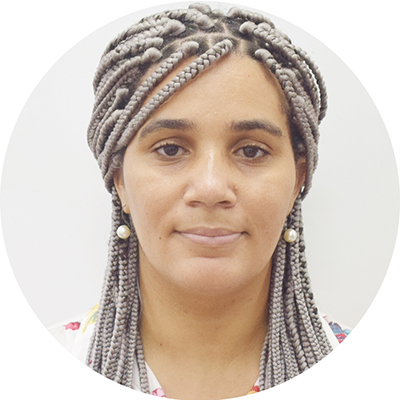
Celdidy Monteiro
São Tomé and Príncipe
-

Valdney da Gloria Dias da Mota
São Tomé and Príncipe
-

Sandra Brito
Cabo Verde
-
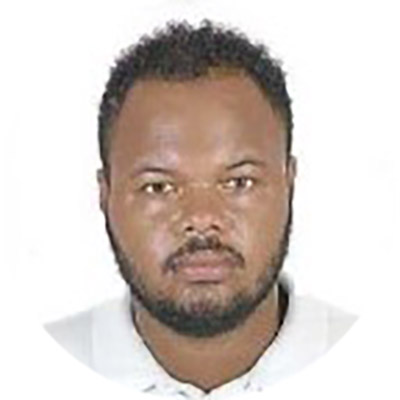
Ricardo Luz
Cabo Verde
-

Graça Carvalho Mendes Moniz
Cabo Verde
-

Evily Alves Sequeira Martins
Cabo Verde
-

Luzia Pina da Rosa Spencer
Cabo Verde
-

Vanessa dos Santos Besna
Cabo Verde
-

Elsi Ca Silva
Guiné-Bissau
-
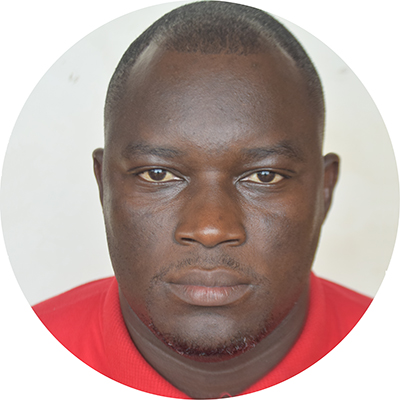
Armando Sifna
Guiné-Bissau
-

David Ca
Guiné-Bissau
-
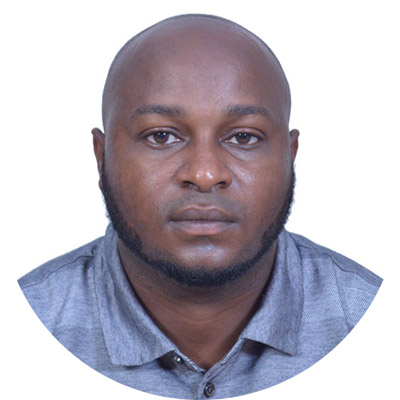
Floriano Osmar Lopes Fernandes
Guiné-Bissau
-
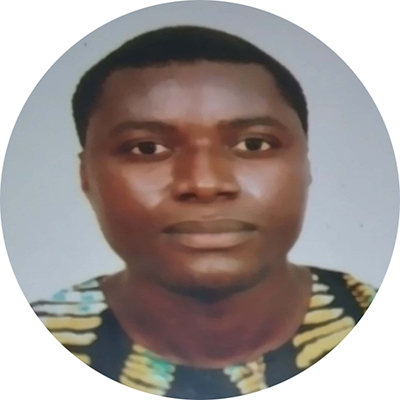
Babane Mancabo
Guiné-Bissau
-

Bruno Silva
Guiné-Bissau
Boosting capacity in epidemiology and biostatistics
For decades, Africa has faced challenges in responding to public health emergencies. Epidemiological data is often unavailable or severely limited and there is a shortage of skilled personnel and systems to collect and analyse available data and efficiently translate them into policy and practice. The COVID-19 pandemic has further exposed the severe shortages in the public health workforce, infrastructure and inadequate capacity for public health research and emergency response across Africa.
To address this capacity gap, EDCTP and Africa CDC partnered in a €7.5 million initiative to support institutions in Africa and Europe to train a cadre of public health workforce that will boost epidemiological and biostatistical capacity on the African continent through Master’s degree programmes in epidemiology and biostatistics.
Following a competitive call for proposals, 10 consortia, comprising 42 African and 9 European institutions, were supported. All consortia have completed recruitment. A special launch event for all consortia and their fellows is expected to take place at the end of 2022.
Africa CDC
Africa CDC is a specialised technical institution of the African Union that strengthens the capacity and capability of Africa’s public health institutions as well as partnerships to detect and respond quickly and effectively to disease threats and outbreaks, based on data-driven interventions and programmes. For more information, visit the Africa CDC website: www.africacdc.org.
EDCTP
The mission of the European & Developing Countries Clinical Trials Partnership (EDCTP) is to reduce the social and economic burden of poverty-related diseases in developing countries, in particular sub-Saharan Africa, by accelerating the clinical development of effective, safe, accessible, suitable, and affordable medical interventions for HIV/AIDS, tuberculosis, malaria and neglected infectious diseases. EDCTP is supported by the European Union under Horizon 2020, its Framework Programme for Research and Innovation. For this call, funding received from the European Union and United Kingdom Official Development Assistance from the Department for Health and Social Care (DHSC) is gratefully acknowledged. For more information, visit the EDCTP website edctp.lndo.site.
Further reading
- EDCTP and Africa CDC collaborate to develop capacity for outbreak and epidemic response in sub-Saharan Africa (9 April 2020)
- EDCTP and Africa CDC partner to train highly skilled epidemiologists and biostatisticians in Africa (4 March 2021)
- Call for proposals: Capacity development for disease outbreak and epidemic response in sub-Saharan Africa, in collaboration with Africa CDC – 2020 (Closed)
